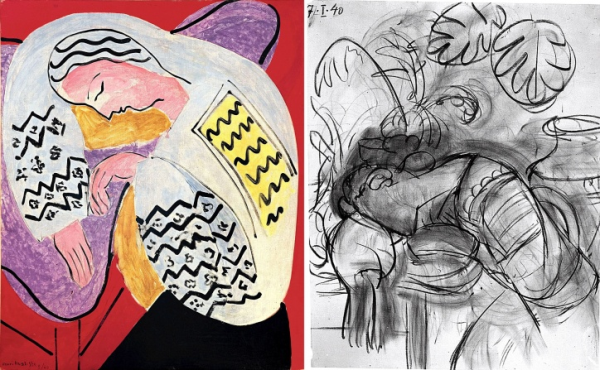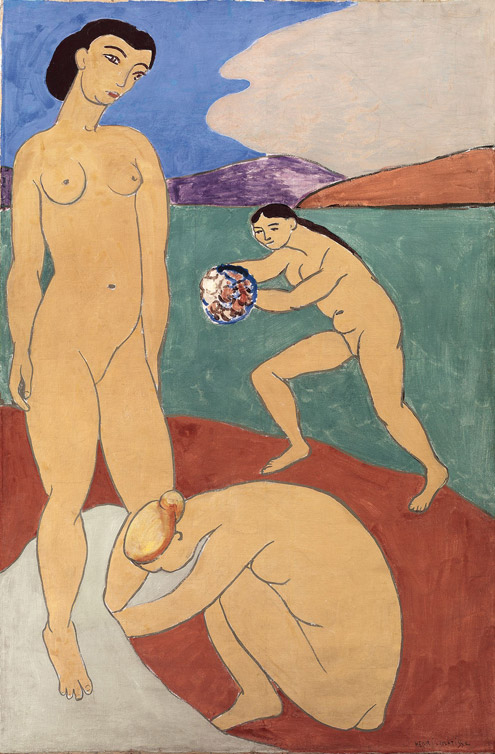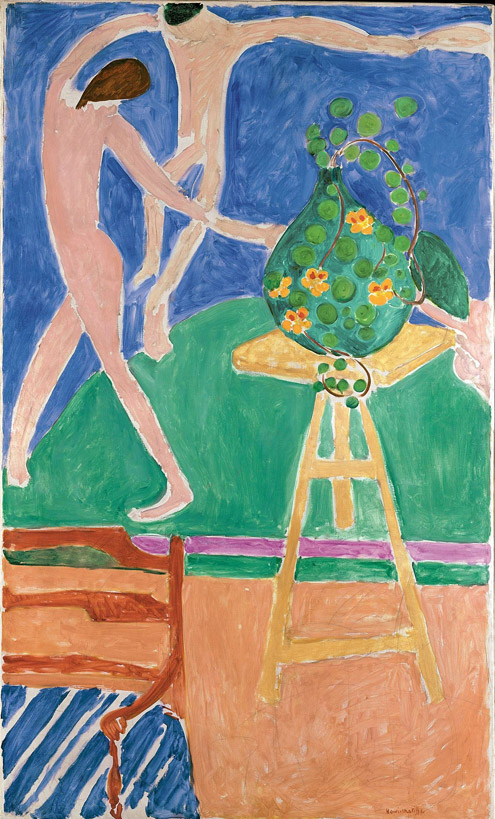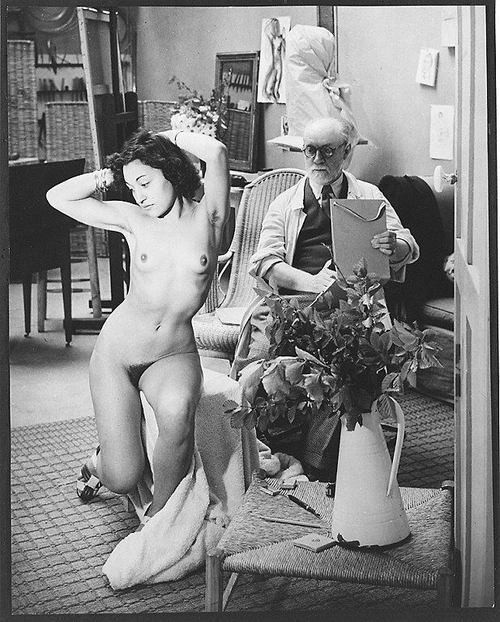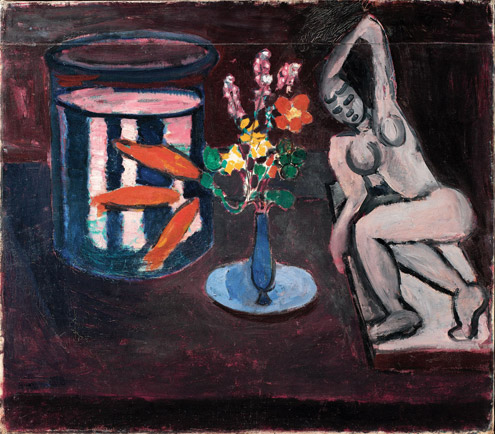…
Walking down Grand Street after class, looking to buy some fish, Talapia to be exact, I stood before some huge carp and huger catfish sprawled out in tubs, gills slowly moving in and out, quietly resigned.
As I remembered some words Kurt Cobain sings
But it’s ok to eat fish
Cause they don’t have any feelings
someone tapped me on my shoulder, and I turned to find Maria, one of my first students when I started teaching thirteen years ago in a federally subsidized program that had its heart in the right place, but was flawed. I worked with poor parents and their children; the idea was that improving the literacy of parents would improve the literacy of their children, but the emphasis wasn’t on my teaching, the emphasis was on me collecting data to prove that I was teaching, and the time used up to do that took from the time to teach.
“How are you?” I asked and Maria replied in Spanish. I was supposed to have taught her to speak English, but I didn’t. She can speak, but not read or write her own language. What is intelligence? In class, I did a lesson using origami. I took a piece of paper and after certain folds this way and that, I created a window with shutters that would open. The goal was to have students get up in front of the class and replicate the window that I’d done, explaining in English what they were doing as they went along using command language and language of direction like up, down, right and left. After seeing me make the window once, Maria could do it, but not explain a thing in English. The next day, without any review of the instructions, she remembered exactly each fold and direction again. Don’t tell anybody, but I the teacher had to look over the instructions every time I did the lesson.
…
…
Maria would never say a word in English to begin with; she’d stumble over it, mutter and smile. If you don’t say it the first time, there will be no second or third. To learn you must remember again and again. In class today I reviewed pronouncing the participle of regular verbs, which all end in ed, although they can be pronounced three different ways. Take these three participles: peeled, washed, and painted. The base form peel ends with an l, a sound pronounced in the throat: we pronounce this ed ending with a d: peelD. A verb like wash ends with sh that is pronounced in the front of the mouth: we pronounce this participle with a t: washT. Paint ends in t and needs another syllable when pronounced: Pain TID. A Spanish speaker has learned to pronounce each vowel and often makes all regular participles have two syllables: Peel ID, Wash ID, Pain Tid. Just because a vowel is there in English, doesn’t mean you pronounce it, and if you are not willing to remember that and can’t make it interesting the next time you review it, you will have a hard time learning, that’s for sure.
…
It takes seven years to speak another language as fluently as your own. Some things take a lifetime. When I was eighteen, first semester at Temple University, I saw a film of Matisse sketching his grandson. He did sketch after sketch, each time simpler, so it never became abstract, just the lines needed to give the boy his presence. Throughout my life, finishing a poem, a novel, a meal (Chicken Cacciatore for example) I’ve always kept that in mind: the simmering, the guiding, the creating whatever the heck it is, getting it down to its essence. It’s an endless process; and at some point usually you’ve got to stop. “Art is never finished,” said da Vinci, “only abandoned.” Though finally some things do seem done, or anyway just about right.

…
Akram and I went to the Met to see the Matisse exhibit that is there till March 17. It is called In Search of True Painting. Matisse often painted canvas after canvas on a similar theme: a gold fish bowl by a window or a woman hunched over in a dream, a nude or a beach. His painting The Dream has had dozens of revisions. A man who was looking at them said, “You have to work hard to make it look easy.” Allen Ginsberg said, “The first thought is the best thought,” and there is a lot of truth in that because at rock bottom Right Now is very honest. Still, I have this urge to work and rework things. I stand on a thought and look down like an archaeologist stands on undistinguished ground but knows a city’s underneath. I must dig and sweat, take many a rest. A thought is of undecipherable depth; it can take me years to get to the bottom of it. Vision comes with revision.
…
…
Speaking of someone who worked and worked, trying to get it right, here is Hart Crane giving us a poem, some sensual Americana: Pocahontas. If you find the English language beautiful, Tennessee Williams reading it, is just for you.
